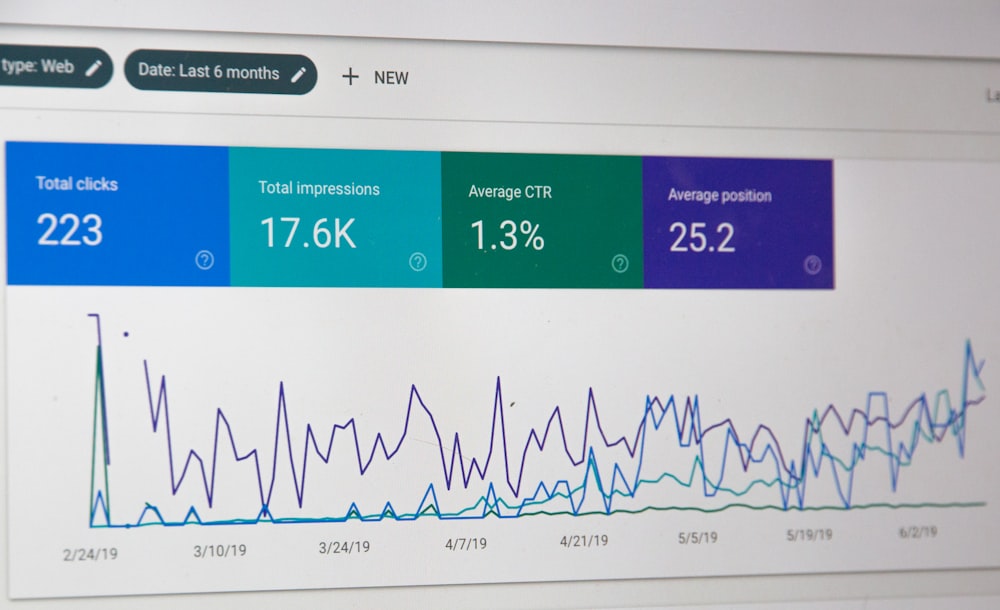What Are The Most Important Business Plan Key Elements?
If you are an entrepreneur or aspiring entrepreneur, chances are you probably are quite familiar with the core concepts found in a business plan.
Almost every business plan includes these core concepts:
- Executive Summary
- Product/Service Overview
- Marketing Plan
- Funding
- Management
- Financial Analysis
- Competitor Analysis
- Market Analysis
However, throughout my time in many entrepreneurship courses and programs, I have found that my peers (myself included) tend to overlook a few elements that are essential to a successful action plan.
After being tasked to create multiple business plans throughout my handful of entrepreneurship courses, I have found that my instructors often teach and look for a few main topics that they have seen fully detailed by successful entrepreneurs.
In this article. I want to share what I believe to be the 5 most important business plan key elements based on my previous experiences writing business plans.
Before we jump right in, if you would like to grab an easy-to-follow business plan template, I highly recommend using this one from SCORE.
All of my entrepreneurship courses in college have relied on these templates.
Ok. Now let’s get on with the list.
Marketing Plan

First on this list is arguably the most important element in any business plan.
Being a college student who studies business and entrepreneurship, I can see firsthand how much emphasis is placed on the idea rather than the execution.
Throughout many of the entrepreneurship programs I have enrolled in, I have witnessed many of my peers spend all of their time and effort focusing on how to create a revolutionary new idea that has never been done before.
As many founders who may read this already know, your idea does not have to be ground-breaking to be successful, in fact many truly ground-breaking ideas aren’t successful at all.
Although a marketing plan seems obvious to most, entrepreneurs often don’t truly strategize for effective marketing efforts.
When constructing your marketing plan, I would suggest adding the following:
- Market Research
- Advertising budget
- Platforms that successful competitors use to market your service/product
- Competitor Analysis
- Industry Research
- Customer Acquisition Cost
- Ideal Customer Personas
While I can write for years breaking down each of the above items, I want to clarify what proper Market Research may entail since that was an area that I never had full clarity on during my studies.
When conducting Market Research you should first identify who your ideal customer is and how to reach that persona.
Once you have determined your ideal customer, build a list of people who fit that persona or find customers of businesses that are similar to yours and interview them.
This can be done by utilizing places like LinkedIn, Reddit groups, or other interest groups online that surround a topic that fits your business.
Then simply message them and ask them questions about their interest in your service.
NOTE: I would suggest reading the book The Mom Test to learn exactly what questions you should ask and how the interview should be done.
You should NOT ask questions that would illicit a favorable response or else your market research will not be as accurate as you would like.
If you want to validate your idea properly, you should ask open-ended questions that truly show how customers feel towards a given subject.
Product/Service Overview

Who would have thought an overview of your business would make it on this list right?
I place emphasis on this topic for a variety of reasons.
First, this category encourages a deeper understanding of a proposed business venture instead of the surface-level knowledge of a topic that many tend to carry.
You would be surprised by how many people I have spoken to, myself included, that have a business idea with a few customers, but are still not able to clearly depict what it is that they do.
This scenario is abundantly clear in the crypto and e-commerce spaces, as the services and digital products new startup founders sell are often very layered and complex.
In order to perform a proper product/service overview, here are a few items that I have been had to answer based on previous business plan assignments for school:
- What is so special about your product?
- What is your Unique Value Proposition?
- Why is your service or product needed?
- How does it benefit your customer?
- How will you price the product?
- How did you establish that price?
There are many questions to be answered here, but you should get the gist by now.
Financial Projections

Along with a concrete marketing plan, it is crucial to understand how your business will generate revenue and how you will be able to scale the business going forward.
Here are a few questions that I was asked when I created my last business plan related to financial projections:
- What are the assets and liabilities related to your company?
- How will you receive funding for your endeavor?
- When is your break-even point?
- Do you plan to outsource your work or produce in-house?
- How many employees are needed for your operations?
- What are your fixed and variable expenses?
- How much does it cost to obtain all legal requirements for your business?
- How much does it cost for insurance-related expenses?
- How do you plan to scale the business?
And much more.
Market Analysis

Similar to the marketing plan, this is another item on the list of business plan key elements that I spent much of my time working on in my entrepreneurship program.
I added this item in addition to the marketing plan as I believe this element takes a wider approach by looking at the market as a whole rather than speaking with individual customers.
During this phase of the plan, my group and I were tasked with determining the following:
- What is the total size of the industry you are targeting?
- Has it been growing or shrinking?
- Are you following a trend or is this an industry that has been around for a while?
- What is your target demographic?
- What are their interests?
- What do they spend their money on?
- Why do they purchase products/services similar to yours?
- Is the industry believed to be dying or rapidly expanding?
- Who do your competitors target and why are they successful?
And more.
Operational Plan

Last, but certainly not least, the operation plan is an extremely crucial element that needs to always be included in any action plan.
Similar to the product/service overview, this section takes a high-level idea and truly digs into the weeds to determine how it will be properly executed.
In this section you should include the following:
- Production costs
- Costs of all equipment/assets
- Schedules for production (how will you organize each day to fulfill the demands of your customers?)
- Chain of command in your company
- Employee delegation and tasks
And more.
Conclusion
In conclusion, these are five business plan key elements that I believe are essential to include when strategizing for you new business.
Although there are more elements to a typical business plan than just these five, these are the fields that I have seen to be of the most importance yet are the most overlooked.
I hope this article emphasizes the importance in some of these areas and will influence you to really reach for a deeper understanding of your current business model.
If you need any additional help with your startup, feel free to check out this article to guide you to plenty of available resources for you to use.
Want To Share Your Startup?
Contact Us Or Leave A Comment To Be Featured In The Next Blog Post.

